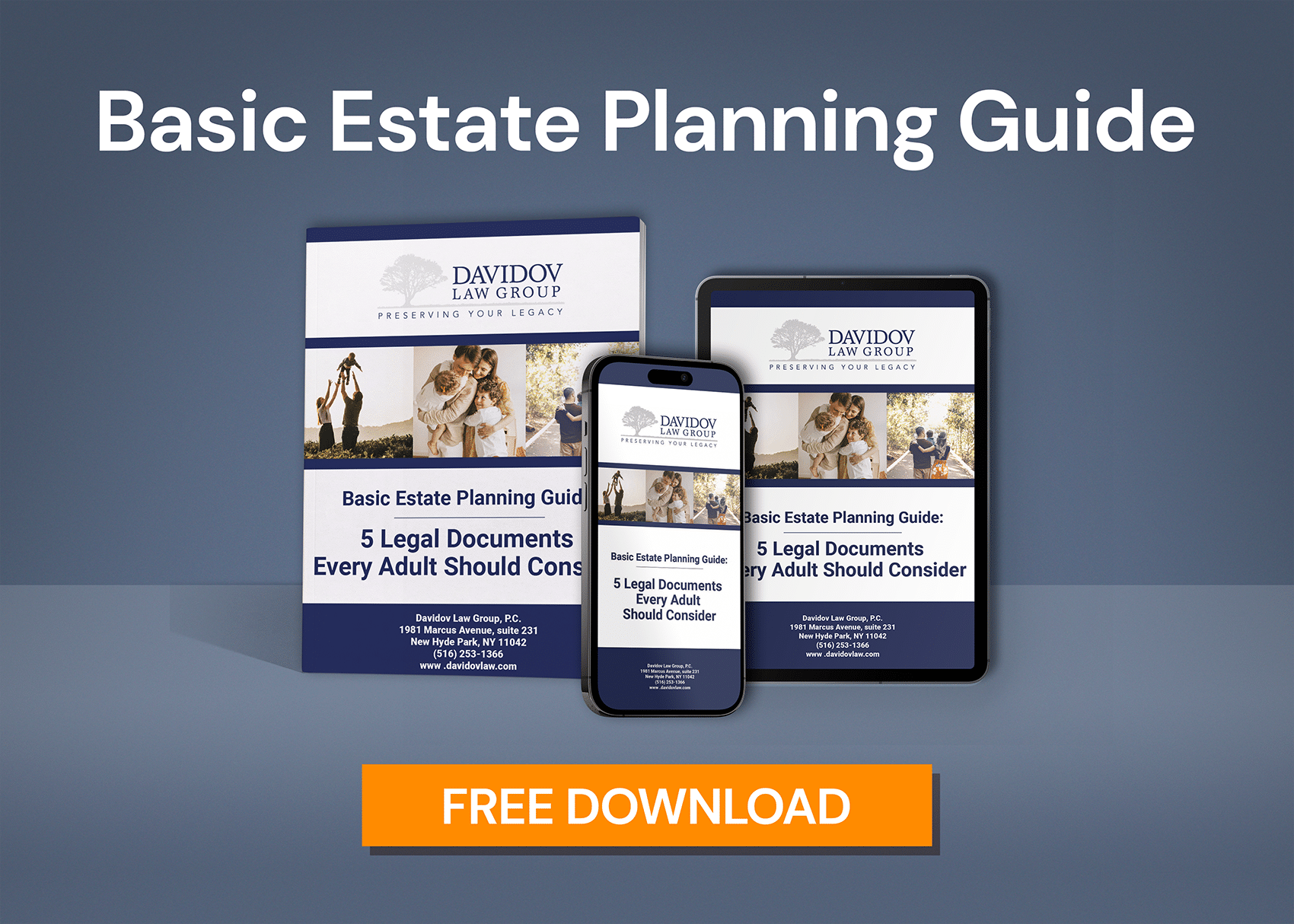There are people who do not take estate planning very seriously, because they simply do not understand all of the facts. They assume that they can quickly create a last will when they are senior citizens, and they think that is the long and short of it.
In reality, there are a great many things to take into consideration if you want to be prepared for the eventualities of aging as you simultaneously craft a suitable legacy. Let’s look at some of the facts.
Asset Transfers
A last will can be used as an asset transfer vehicle, but it is not your only choice. In fact, a last will would not be the optimal solution for many people.
For example, in a perfect world, would you like to have a professional money manager distribute assets to an heir or heirs after your passing in a conservative, measured fashion over an extended period of time? If you were to use a trust such as a revocable living trust instead of a will, you could make this happen.
Plus, the asset transfers would take place outside of the legal process of probate. A will must be admitted to probate, and this is a time-consuming and sometimes expensive process.
High net worth individuals may be exposed to the federal estate tax, and there is also a state-level estate tax to contend with in the state of New York. A last will would not provide estate tax efficiency, but there are other legal devices that would mitigate your estate tax exposure.
These are just a couple of examples, but there are other scenarios that would call for different asset transfer vehicles.
Incapacity Planning
Incapacity planning is another important consideration. Up to 45 percent of people who have reached the age of 85 are suffering from Alzheimer’s disease, and of course, this is not the only cause of incapacity.
You could appoint someone to manage your financial affairs in the event of your incapacitation through the creation of a durable power of attorney. With a health care proxy, you could empower a health care decision maker.
A living will could also be included to state your wishes regarding the utilization of life-sustaining measures.
Long-Term Care
Most seniors will need long-term care eventually, and Medicare will not pay for it. Nursing homes and assisted living communities are extremely expensive, so this is an issue that you must address when you are creating a long-term financial plan.
Schedule a Free Consultation
If you have estate planning questions, our firm can provide answers. We offer free consultations, and we would be glad to help you put a personalized plan in place.
To set up an appointment, send us a message through our contact page: Queens NY Estate Planning Attorneys.

 (516) 253-1366
(516) 253-1366


